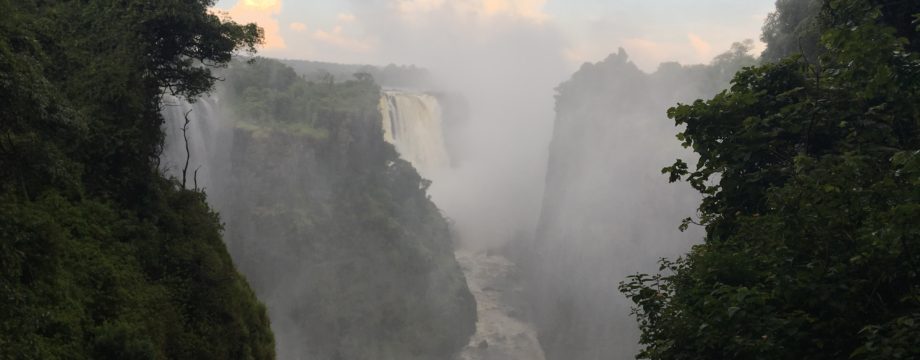This article was originally published on Cache Up NB. It has been mirrored here for archive purposes only.
If you haven’t noticed already, you will soon enough. The geocaching maps previously used by the official geocaching website are no longer powered by Google. As a result of this, many of the previous map options are now gone. They have been replaced by OpenStreetMaps. If you want to read the official statement from Groundspeak about this change, click here.
Now, before people go off and start complaining about GSP’s change, please be aware that this is not something that they had any control over. It is in fact a change to Google’s map API license. If you are using the map API for more than 25,000 hits per day, you are now required to pay a fee for usage. This did not exist previously. According to GSP, they do about 2,000,000 (two million) hits per DAY on Google maps. In order to prevent having to offset the costs by charging more on geocaching.com, they opted for the OpenStreetMaps which are still available for free.
The biggest issue folks are having with the new maps appears to be the fact that it is slower, has far less detail than was available with Google, and the satellite view is no longer available. If you have concerns about streets that are missing, OpenStreetMaps does have the ability for you to update their maps directly with new map data. If streets are missing, you can go in and add them yourself if you have the time and effort to do so. I have not explored the specifics about this but will be looking into it soon.
For those still looking for satellite maps with Google, feel free to download a copy of Google Earth and install Groundspeak’s geocaching viewer. It will provide you all of the caches available on geocaching.com from within Google Earth. It does not filter finds or your hides, but it is still better than nothing. The other option is to simply use your pocket query or GSAK GPX file and open it in Google Earth and it will show you those caches on the satellite map.
There is also a GSAK macro which will place your GSAK database on a Google map.
Feel free to post your comments on this subject here and if you have any suggestions/alternatives to the new map feel free to post them as comments as well.



12 Responses to Groundspeak Pulls The Plug On Google Maps